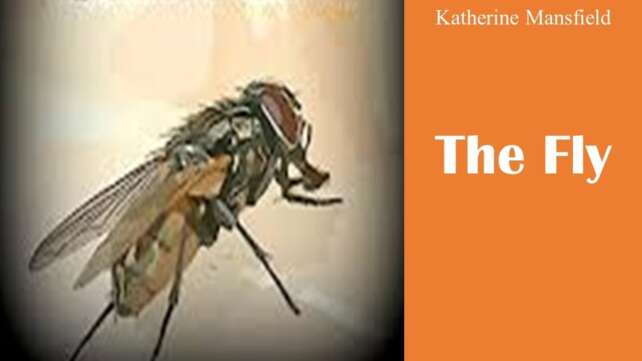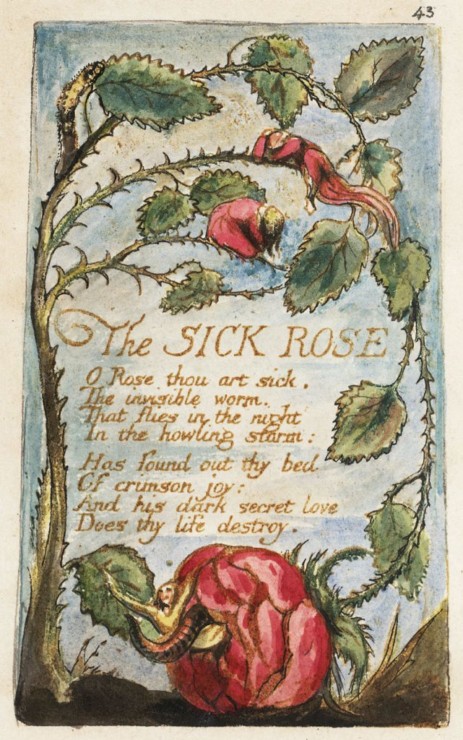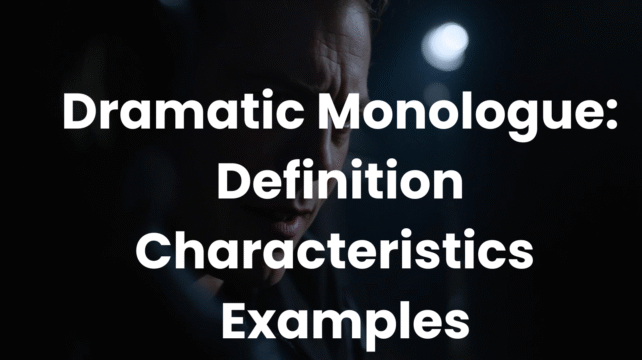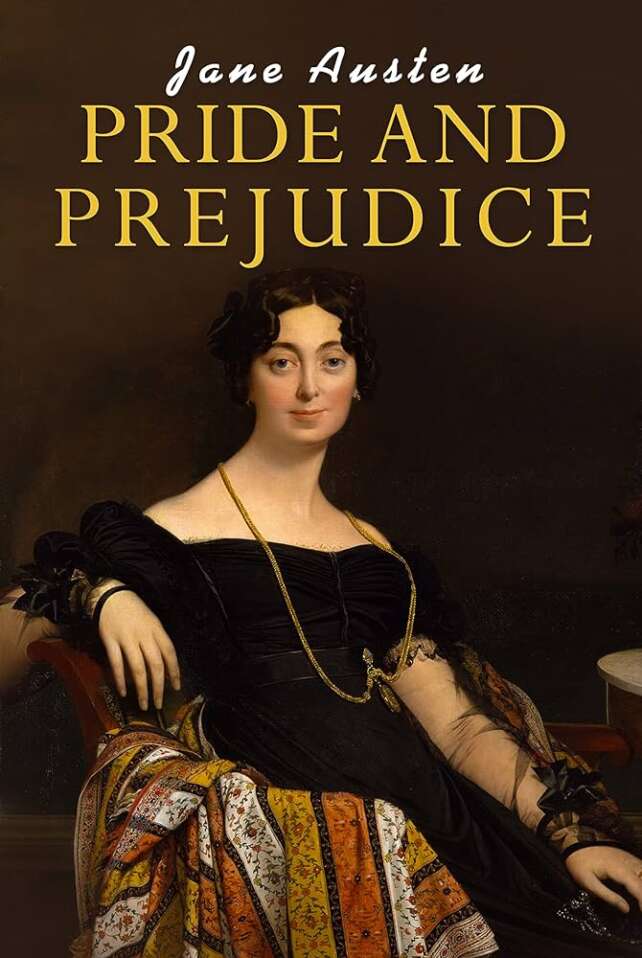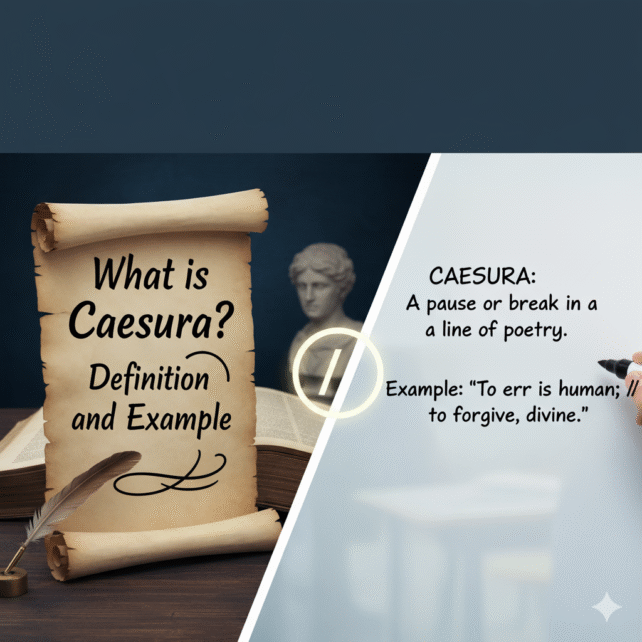Although Katherine Mansfield’s The Fly is a short story of some five pages, it is rich in the psychological interest of a fictional narrative. As an introspection into human psychology, it comes closer here to the modern novel of the stream-of-consciousness, which is an extreme form of psychological novels. It may even be taken as a specimen,…
